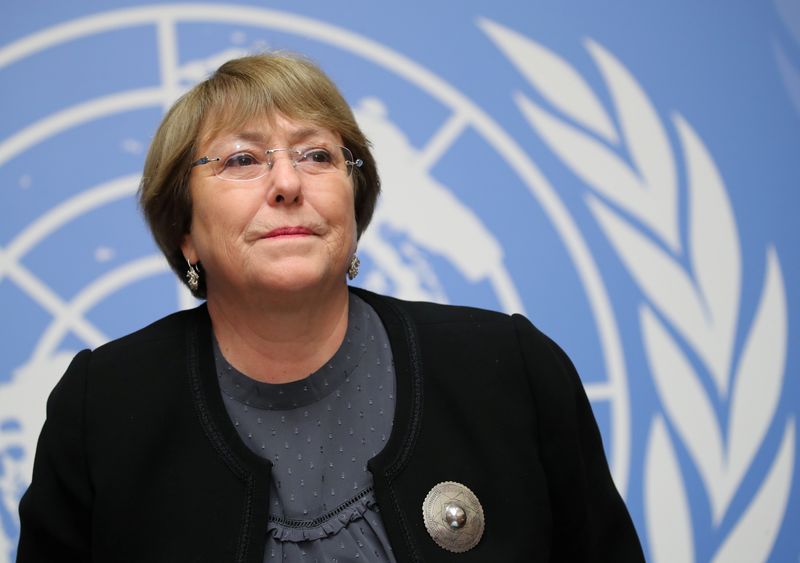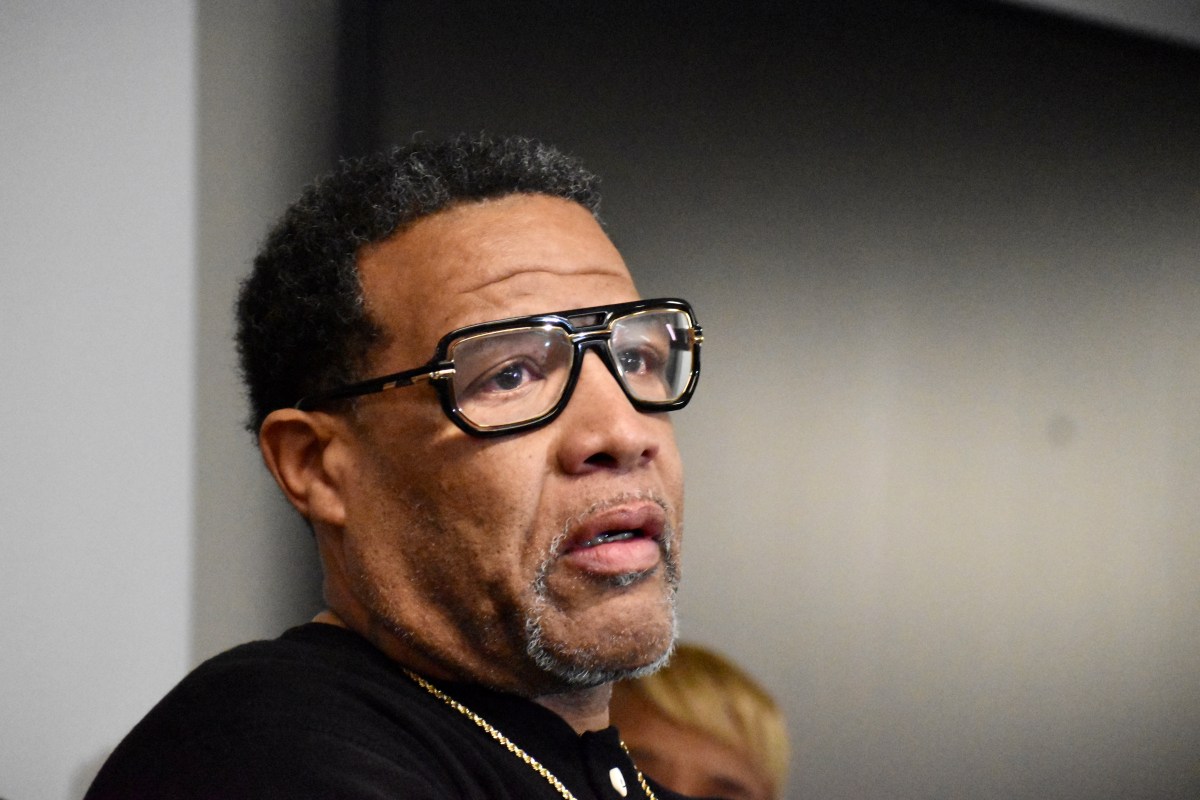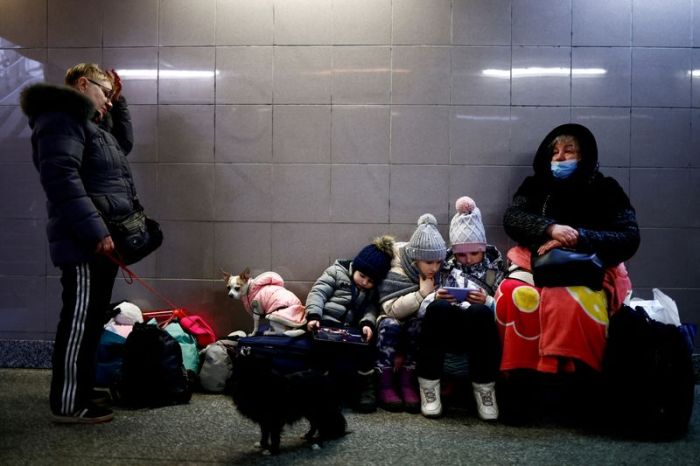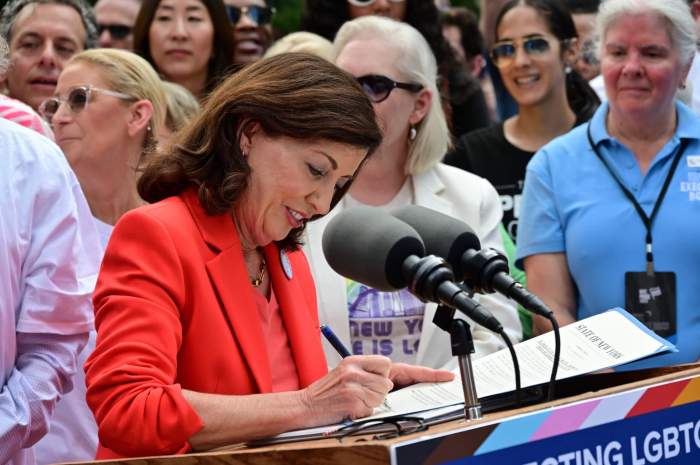GENEVA (Reuters) -U.N. human rights chief Michelle Bachelet said on Tuesday that she has reached an agreement with China for a visit, “foreseen” in May, and that she had raised with Beijing the arrests of activists to support their freedom of expression.
Her visit would include a stop in the remote western region of Xinjiang, where activists say some 1 million Uyghurs have been held in mass detention, she told the Human Rights Council.
China rejects accusations of abuse, describing the camps as vocational centres designed to combat extremism, and in late 2019 it said all people in the camps had “graduated”.
Bachelet, speaking by video message to the Geneva forum, made no reference to her long-awaited report on alleged abuses against Uyghurs. Her office began gathering evidence 3-1/2 years ago and in December her spokesperson had promised its release within weeks.
Her advance team would leave in April to prepare the visit – the first to China by a U.N. High Commissioner for Human Rights since Louise Arbour in 2005.
Chen Xu, China’s ambassador to the United Nations in Geneva, told the forum that freedom of expression was fully protected in his country, but added: “Freedom of expression can never be a pretext to make (put) anyone above the law.”
‘RELATIVE SILENCE’
Chen said: “We welcome the High Commissioner’s visit to Xinjiang in this May. And China will work together with (her office) to make good preparation for this visit.”
Nearly 200 activist groups swiftly issued an open letter demanding that Bachelet publish her findings “to send a message to victims and perpetrators alike that no state, no matter how powerful, is above international law or the robust independent scrutiny of your Office”.
“We have been concerned by the relative silence of your Office in the face of these grave violations,” said the groups including Amnesty International, Human Rights Watch and Chinese Human Rights Defenders.
Ken Roth, executive-director of Human Rights Watch, told the Council: “Many of our organisations have documented the Chinese authorities’ systematic mass detention, torture and persecution targeting Uyghurs and other Turkic communities in Xinjiang.
“The scale and nature of these violations amount to crimes against humanity… These are ongoing crimes that demand an immediate response,” Roth said.
U.S. Secretary of State Antony Blinken, British Foreign Secretary Liz Truss and Turkish Deputy Foreign Minister Faruk Kaymakci last week voiced concern about the treatment of Uyghurs in Xinjiang.
Blinken said at the time: “In China, the government continues to commit genocide and crimes against humanity in Xinjiang against predominantly Muslim Uyghurs and other minority groups, and we urge the High Commissioner to release without delay her report on the situation there.”
Britain’s ambassador Simon Manley told Reuters on Tuesday: “We welcome any effort to shed light on the systemic violations of human rights in Xinjiang. As we have consistently made clear, the High Commissioner must be granted fully unfettered access to the region that allows her to conduct an accurate assessment of the facts on the ground. We look forward to her report into the situation.”
(Reporting by Stephanie Nebehay; Editing by Raissa Kasolowsky and Jonathan Oatis)

























